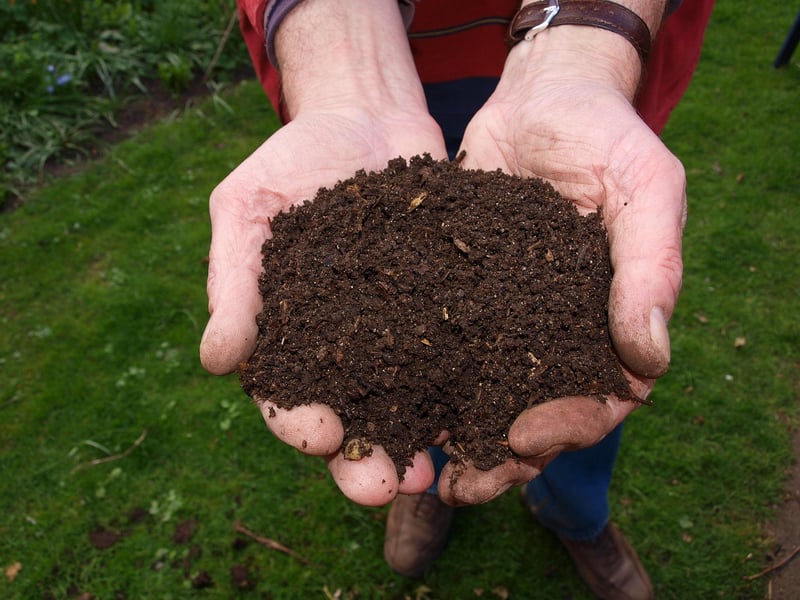Composting Techniques
Enhance Your Gardening Skills and Knowledge
The Importance of Composting in Gardening
Composting is a vital practice for any gardener looking to improve soil quality and reduce waste. By recycling organic matter, you can create nutrient-rich soil amendments that will benefit your plants and the environment.
Benefits of Composting
- Enriches soil with essential nutrients
- Improves soil structure
- Helps retain moisture in the soil
- Reduces the need for chemical fertilizers
- Decreases waste sent to landfills
Types of Composting Techniques
There are several methods of composting, each catering to different needs and preferences:
1. Traditional Composting
This method involves creating a compost pile in your garden using a mix of green (nitrogen-rich) and brown (carbon-rich) materials. Regularly turning the pile helps speed up the decomposition process.
2. Vermicomposting
Vermicomposting utilizes worms to break down organic matter into nutrient-rich castings. This method is ideal for indoor or small-space gardening.
3. Bokashi Composting
Bokashi composting involves fermenting kitchen waste using a special mix of microorganisms. This method is quick and odor-free, making it suitable for urban settings.
Tips for Successful Composting
- Balance green and brown materials
- Keep the compost moist
- Aerate the pile regularly
- Avoid adding meat or dairy products
- Monitor the compost temperature
Get Started Today!
Composting is a rewarding and environmentally friendly practice that can enhance your gardening skills and benefit your plants. Start composting today and see the difference it makes in your garden!

For more information on composting techniques and gardening tips, visit Gardeners.com.
